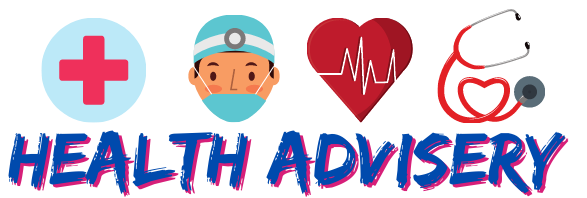Autism refers to a developmental disorder, characterized by difficulty with speech, or nonverbal communication, social skills, and repetitive behaviors. It’s our understanding that there are different types of autism, dependent on a range of environmental and genetic factors.
Autism is categorized as a type of spectrum disorder, this means that every individual with autism will have different difficulties, as well as strengths. Autistic children all think and learn in different ways, some will need lots of support, while others are incredibly independent.
Table of Contents
Promoting autism awareness in children
Every April we celebrate Autism Awareness month, during this month people are encouraged to learn about autism. The idea is that parents know how to recognize the warning signs of autism, using this knowledge to support their children. Of course, Autism Awareness month isn’t just for parents, it’s for everyone. We all have a responsibility to support our autistic communities, not just in April, but all through the year. There are lots of ways to promote autism awareness in children.
1 . Learn about autism
Before you can promote autism awareness you should learn everything you can about autism. It can be difficult to promote awareness without a thorough understanding of the topic. Autism can be a tricky subject to learn about because there are such a broad range of conditions involved. Here are a few resources that may be helpful:
As part of your learning journey, you should learn how to recognize the signs of autism in children. If you know which signs to look for in your child, you can ensure they get the right support.
What are the early signs of autism?
Each child is different, and so it’s hard to pinpoint the early signs in every case. A few early signs of autism in young kids may include:
- When you smile at your child they do not smile back.
- Not giving a response when you say their name.
- Your child repeats phrases over and over.
- You notice they make repetitive movements.
- Attempting to avoid eye contact with you.
- Emotional reactions to certain sounds, tastes or smells.
2. Share your knowledge
Once you’ve learnt a whole lot about autism, the key is to share your knowledge. Social media is a great place to share resources with other parents. Perhaps you’ve found a web article about autism in children that’s particularly helpful? Don’t be afraid to share this on your Facebook page. If you’re not keen to do this, you can always share in your Whatsapp Groups. Sharing knowledge with others helps us to facilitate a discussion, and support one another as a community.
3. Speak to your child’s educators
Speak to your child’s educators, see if they have any info which could help you to promote autism awareness. Perhaps you have seen some autistic signs in your own child? Make a note of these, and express your concerns to their teacher. Working together will ensure that everyone has the support they need.
4. Look for autism awareness events
Look out for autism awareness events in your community. You’ll certainly be able to find some during Autism Awareness Month, and hopefully, during the rest of the year. If your child is diagnosed with autism, see if you can find a parenting group. Many neighborhoods have groups for the parents of autistic children. Groups like these can be a great place to share info and support each other.
Autism Therapy For Children
If you’re looking for support options, The Wayman Center can help. We provide Applied Behavior Analysis services for children with autism or other behavioral disorders. Our services aim to focus on social skills, communications, and changing problematic behaviors. At The Wayman Center, we focus on services such as:
- Performing discrete trials.
- Using graphs to measure behaviors.
- An emphasis on positive reinforcement, and motivating good behavior.
- Behavior protocol around toilet training.
- Alternative communication if necessary.
- Group activities, including supporting peer interactions.
- Skills to navigate the natural environment.
- Improving social skills using outdoor play.
- Training for parents or other family members.
Our Autism therapy for children is based on an individualized approach. Our talented staff will work with you to assess your child’s needs and create a program that works for you. We are happy to answer any further questions you have about children and autism. To learn more about our autism therapy, contact the Wayman Center today.

